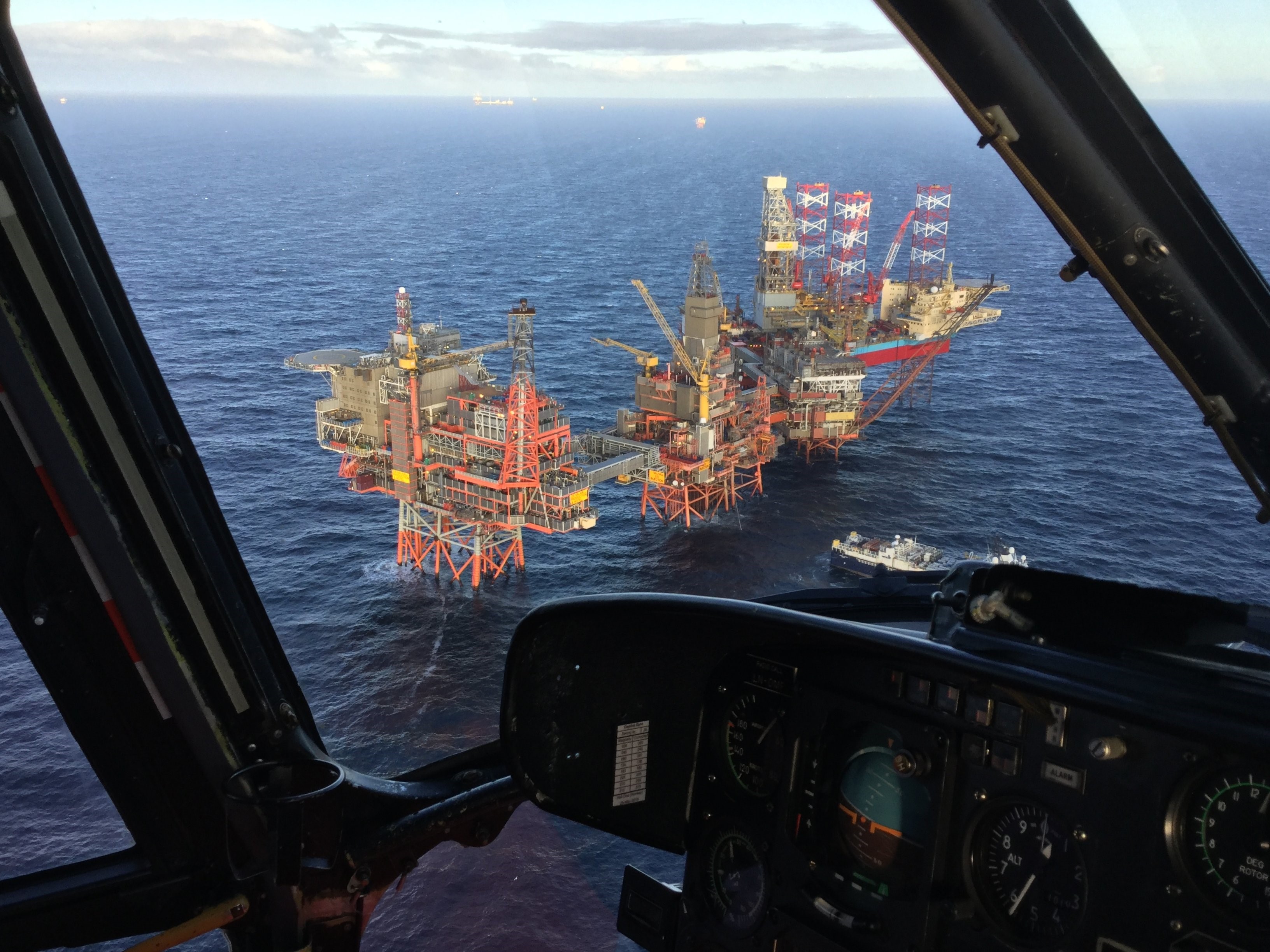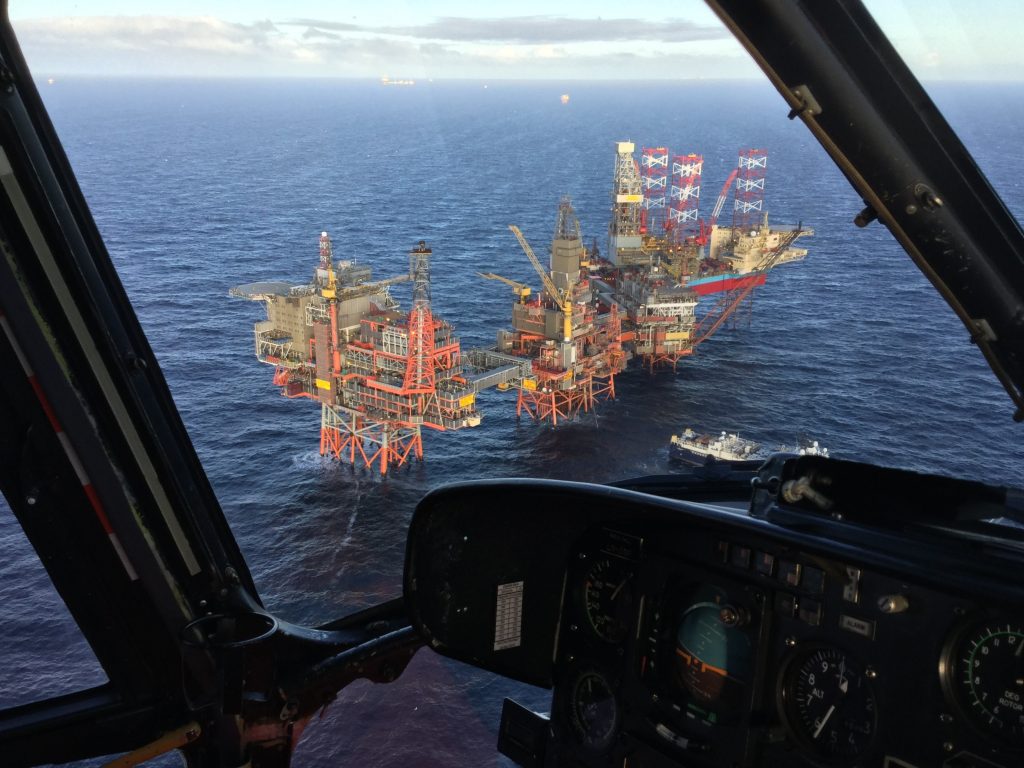What the oil price crash means for helicopter operators


Plummeting oil prices are likely to mean fewer contract renewals, cancellations and even further consolidation for offshore helicopter operators, industry analysts have told Helicopter Investor.
The price per barrel of West Texas Intermediate (WTI) Crude oil, Brent, and many others fell more than 20% at the start of this month to less than $30. That was due to mounting coronavirus fears and the start of a trade war between Saudi Arabia and Russia. There is talk of oil falling to as little as $10 a barrel or even incurring negative pricing. As most oil companies only reach profitability at around $48 a barrel, many are having to cut costs, which could lead to less contract renewals, cancellations, and further consolidation among offshore helicopter operators.
One industry source told Helicopter Investor: “Deepwater offshore rigs are some of the most expensive to run, so I think you will see these operations being cutback first. This means oil and gas companies may be exercising early termination clauses on their helicopter contracts.”
These deepwater drilling platforms are the key customer bases for offshore helicopter operators. And as staffing on these rigs lessens due to cost cutting, fewer flights will be required to and from oil rigs.
Some of the largest oil companies have already announced massive spending cuts after the price collapse. Yesterday (March 24), Shell announced it will stop buying back shares and cut costs by up to $9bn in response to the oil price collapse.
‘The situation is not sustainable’
“The situation is not sustainable,” Steve Robertson, founder and principal of oil and gas analyst firm Air and Sea Analytics, told Helicopter Investor. “E&P companies are unlikely to move forward on many new projects at $20 oil. There are helicopter specific issues surrounding this situation but there is fairly limited information coming from most operators. They are only tending to comment if it is going to have a meaningful impact on production rates or earnings.”
“And right now, the operators are still flying to the same schedule. But this might change in a couple of weeks.”
So far, the situation has not impacted operators, as flight hours for heavy and super medium helicopters are up from last year’s figures, according to Air and Sea Analytics data. But there are predictions that the price of oil could plummet even further.
In fact, industry analysts are predicting that oil prices could become negative in the coming months, as Saudi Arabia continues to ramp up production and flood the market with surplus oil. If storage facilities run out of space and the cost of storing the surplus rises, it might be cheaper to pay customers to take the oil.
“The question is now whether there is enough storage capacity to store the excess oil? There is speculation that there isn’t. In previous times of low oil price such as 2009, we saw over a hundred Very large Crude Carriers [VLCCs] used for excess storage and this could happen again,” Robertson told Helicopter Investor.
Beginning to recover
Offshore oil and gas operators are only just beginning to recover from the previous oil market crash in 2015, where prices fell to around $30 per barrel. Price per barrel had only just started to readjust and settle in 2019.
Due to the 2015 crash almost every major offshore helicopter operator filed for Chapter 11 bankruptcy protection and saw Bristow and Era consolidated into one business. Additionally, helicopter lessors were also hit heavily, with Waypoint Leasing entering Chapter 11 and later being bought by competitor Macquarie Rotorcraft Leasing.






